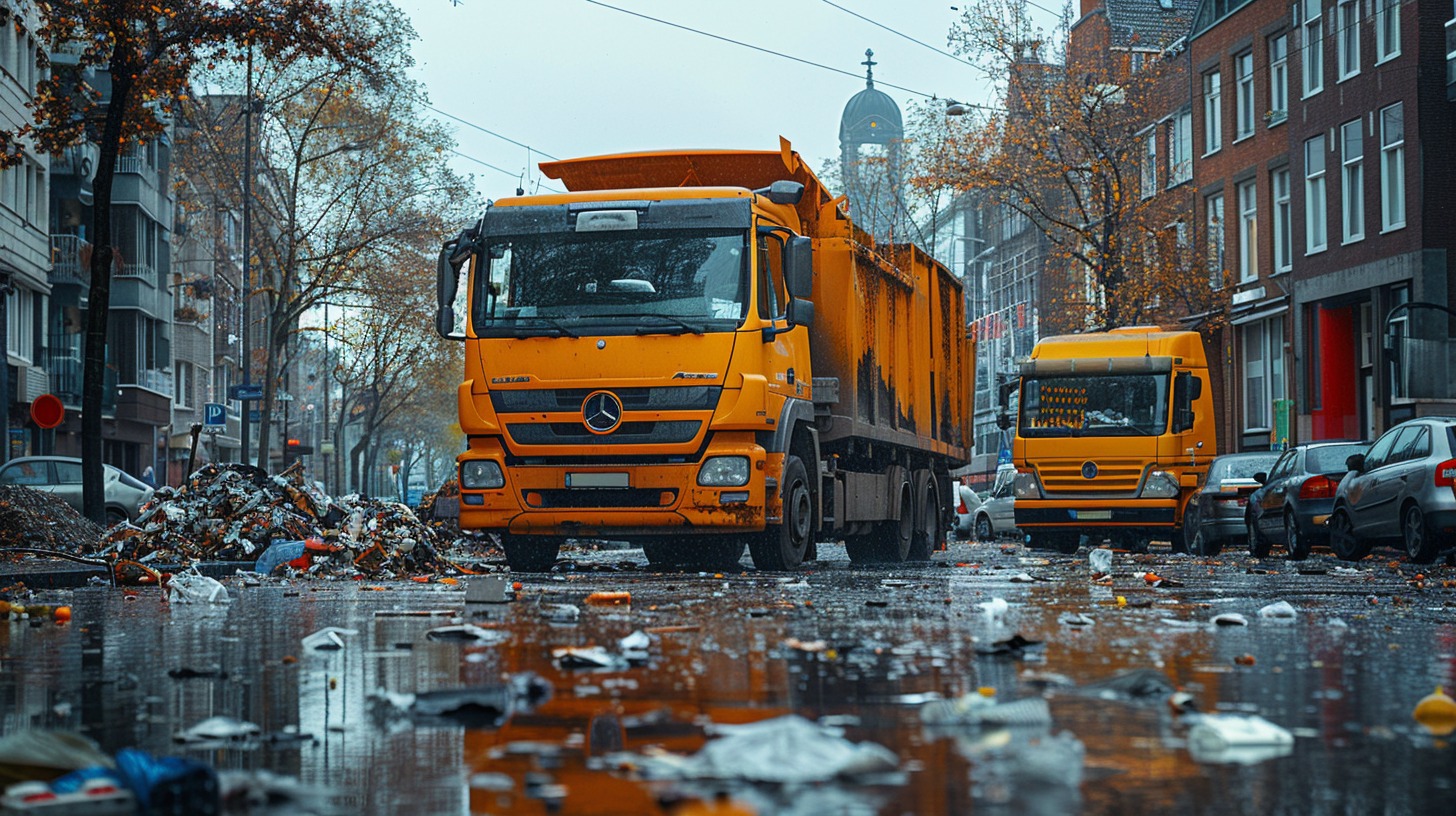Keeping offices clean is key to smooth operations. Efficient waste removal keeps things hygienic, reduces illness, and creates a welcoming atmosphere. Plus, it supports environmental sustainability through recycling and responsible disposal. This post explores the importance of waste removal, shares best practices in waste management, and provides tips for maintaining eco-friendly spaces.
Types of Garbage Removal Services
Businesses can really benefit from different garbage removal services, such as:
- Regular Waste Collection: Managed by municipal or private companies, this service takes care of everyday waste like paper, food scraps, and general office trash. Collection schedules can range from daily to weekly, depending on how much waste you have.
- Recycling Services: Essential for handling paper, cardboard, plastics, and metals. Since offices generate a lot of recyclable waste, especially paper, partnering with a recycling service can ensure proper sorting and reduce environmental impact.
- Specialty Waste Removal: This covers the disposal of e-waste (like computers, printers, and batteries) and hazardous materials. Appropriate handling of these things is crucial to prevent environmental damage and comply with regulations.
For those seeking efficient and reliable junk removal, Junk removal in Staten Island offers a valuable solution. This service is particularly beneficial for one-time cleanouts or periodic large-scale disposals.
The Process of Office Garbage Removal
Effective office garbage removal needs a systematic approach to keep things clean and sustainable. Here’s how it works:
- Assessment and Planning: Check out the types and amounts of office waste to create a solid management plan, often with a pro’s help.
- Waste Collection: Collect waste in designated bins or dumpsters, sort recyclables into their containers, and set up a good waste sorting system.
- Transportation: Move the waste to the right facilities—landfills, incinerators, recycling centers, or specialized spots for electronic and hazardous waste.
- Disposal and Processing: Handle the waste at designated places—regular waste at landfills or incinerators, recyclables at recycling centers, and hazardous or electronic waste at special facilities.
- Site Clean-Up: Do a thorough clean-up after waste removal, including sweeping, pressure washing, or disinfecting to keep the environment safe and hygienic.
Best Practices for Office Waste Management

To enhance office waste management, consider the following best practices:
- Implement Recycling Programs: Establish bins for various recyclables, educate employees, and perform regular audits to minimize landfill contribution.
- Reduce Paper Usage: Embrace digital files, promote electronic communication, and enforce a “Think before you print” policy.
- Reuse Office Supplies: Set up a supply room where employees can donate and acquire used items, reducing the need for new purchases.
- Engage Professional Services: Employ waste removal services to ensure compliance and efficiency, covering everything from trash collection to specialized disposal.
Common Challenges in Office Waste Management
Following local, state, and federal waste management laws can be tough, with serious penalties for not complying. It’s important to stay educated and up-to-date on the rules for managing, transporting, and disposing of different types of waste to avoid legal trouble.
Balancing cost-effectiveness with good waste management isn’t easy. Professional waste removal services are convenient and compliant, but they can be pricey. Doing a cost-benefit analysis of various options can help find an affordable yet efficient solution without breaking any rules.
Conclusion
Efficient garbage removal and waste management are crucial for saving a clean and healthy office environment. By adopting recycling programs, reducing paper usage, and hiring professional services, businesses can comply with regulations and promote sustainability. Smart waste management not only enhances efficiency but also improves well-being and paves the way for a greener future.
